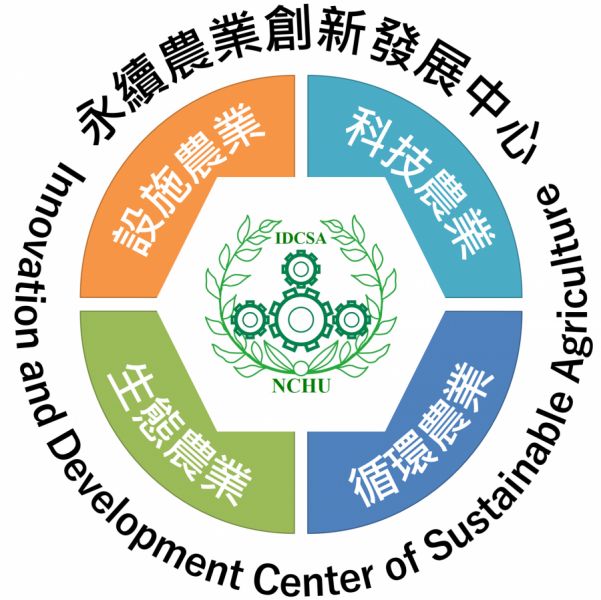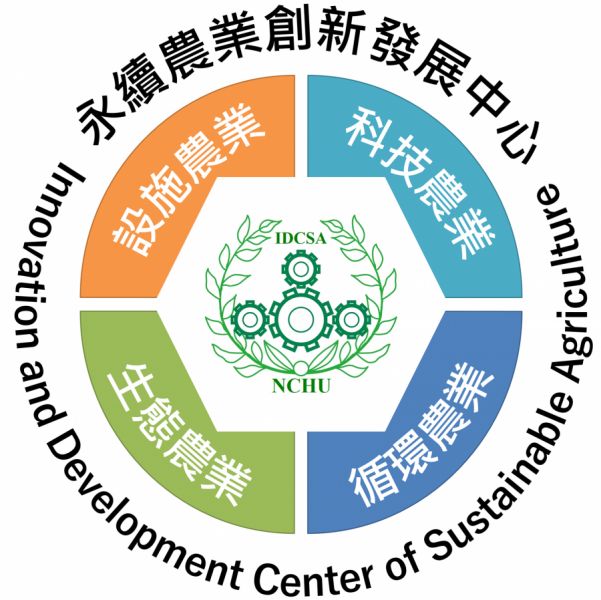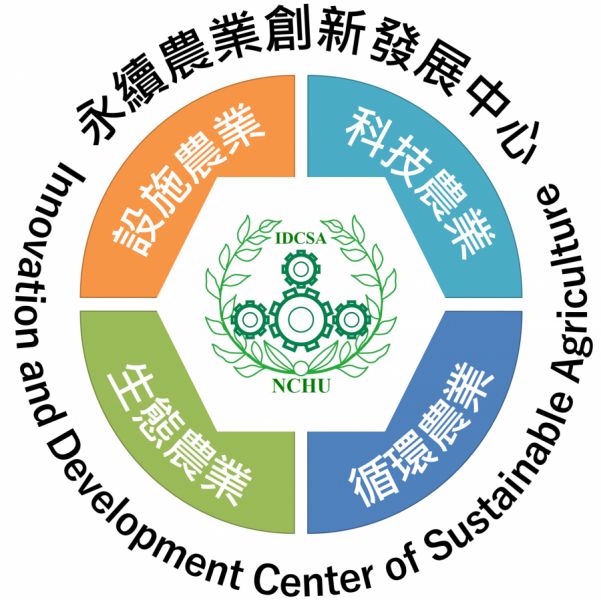Subproject 2 : Recycling of Agricultural Waste 2020-12-31

Due to global climate change, the intense use of chemical fertilizers, herbicides and insecticides, many crops are exposed to various abiotic stresses which inhibits plant growth and causes economical loss of crop productions. Compared with the strategies of traditional breeding and genetic modified crops, using plant endophyte to increase the abiotic stress tolerance of plants is a cost-effective and save strategy. The aim of this project is to understand the mechanisms of abiotic stress tolerance and growth promoting ability of plant endophytes and their functional metabolites. Furthermore, we will use knowledge gained from this project to develop and utilize these potential novel plants growth regulators to help crop to survive in various abiotic stresses and adapt climate change. In this study, endophytic bacterial strains Burkholderia sp. 869T2, Bacillus megaterium BP01-R2, and Curtobacterium albidum C1 were isolated and used for further study in this project. We confirmed that the BP01-R2 and C1 strains could be symbiotic with Arabidopsis thaliana and promote the growth of plant under salt stress (50 mM NaCl). In transcriptomic analysis results, genes involved in plant hormone signal transduction pathways such as salicylic acid, jasmonic acid, and abscisic acid were highly induced in Arabidopsis thaliana that are inoculated with Bacillus megaterium BP01-R2 or Curtobacterium albidum C1 under the high salinity environment. Furthermore, genes related to plant hormone, auxin, cytokinin, and gibberellin, biosynthetic pathways were induced under same treatments. These results indicate that the endophytic bacteria strains, BP01-R2 and C1, can assist plants to resist abiotic stress by enhancing plant hormone signal transduction and biosynthetic pathways, and further promoting plant growth. Additionally, we have analyzed the pyrrolquinoline quinone (PQQ) secreted from the endophytic bacterial strain Burkholderia sp. 869T2 had the ability to help banana resist to Foc (Fusarium oxysporum) TR4 (tropical race 4) infection. We have also conducted field tests with Bok choy, Chinese cabbage, and cabbage plant species which were infected with endophytic bacterial strains and more plant physiological experiments were carried out with these tested plants. We have established the detection platform and protocol to examine the PQQ amounts in various bacteria strains. Finally, we have established a Bacillus strain that can synthesize PQQ and it promoted Arabidopsis growth based on preliminary results.
Contribution of Society
Prof. Chieh-Chen Huang founded the treatment of pulmonary obstruction with pneumonia in intensive care from the understanding of element of bacteria in cut lung. This study shows that the element of bacteria in lung related to the treatment prognosis for patients. This research result was published in journal Scientific Reports.

Prof. Chieh-Chen Huang’s team developed and utilized some potential novel plants with growth regulators to help crops to survive in various abiotic stresses and adapt climate change. This research achievement wined the 17th National Innovation Award.

 Figure. Research Acheivements(Subproject 2)
Figure. Research Acheivements(Subproject 2)
Figure.17th National Innovation Award







